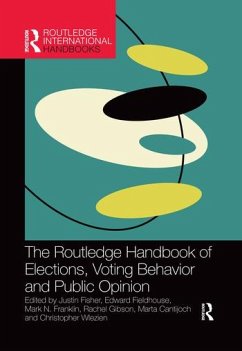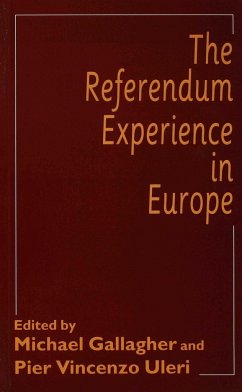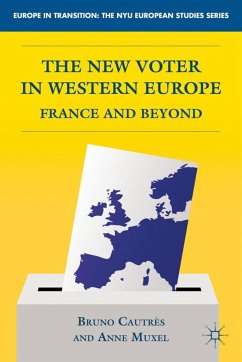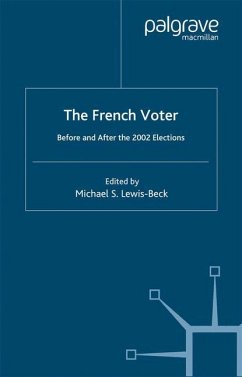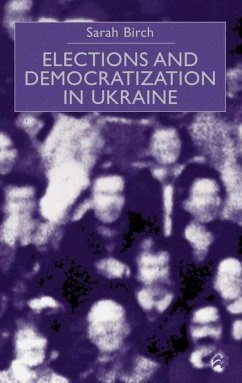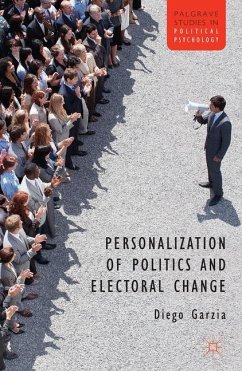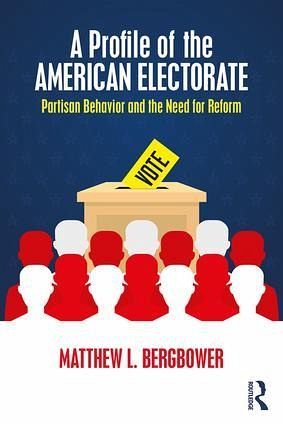
A Profile of the American Electorate
Partisan Behavior and the Need for Reform
Versandkostenfrei!
Versandfertig in 6-10 Tagen
37,99 €
inkl. MwSt.
Weitere Ausgaben:

PAYBACK Punkte
19 °P sammeln!
A Profile of the American Electorate takes an extensive look at the political foundations and behaviors of citizens, yesterday and today. Presenting decades of data on voter choice, voter turnout, and public opinion in a way that is clear and accessible for students of political science, the book uniquely emphasizes the importance of voting, socialization, and reform measures to enhance good citizenship. It explores how Americans become conservative or liberal, why some vote and others stay home, their knowledge of politics, how polarized the public has become, and the complex motivations behi...
A Profile of the American Electorate takes an extensive look at the political foundations and behaviors of citizens, yesterday and today. Presenting decades of data on voter choice, voter turnout, and public opinion in a way that is clear and accessible for students of political science, the book uniquely emphasizes the importance of voting, socialization, and reform measures to enhance good citizenship. It explores how Americans become conservative or liberal, why some vote and others stay home, their knowledge of politics, how polarized the public has become, and the complex motivations behind their vote choices.





